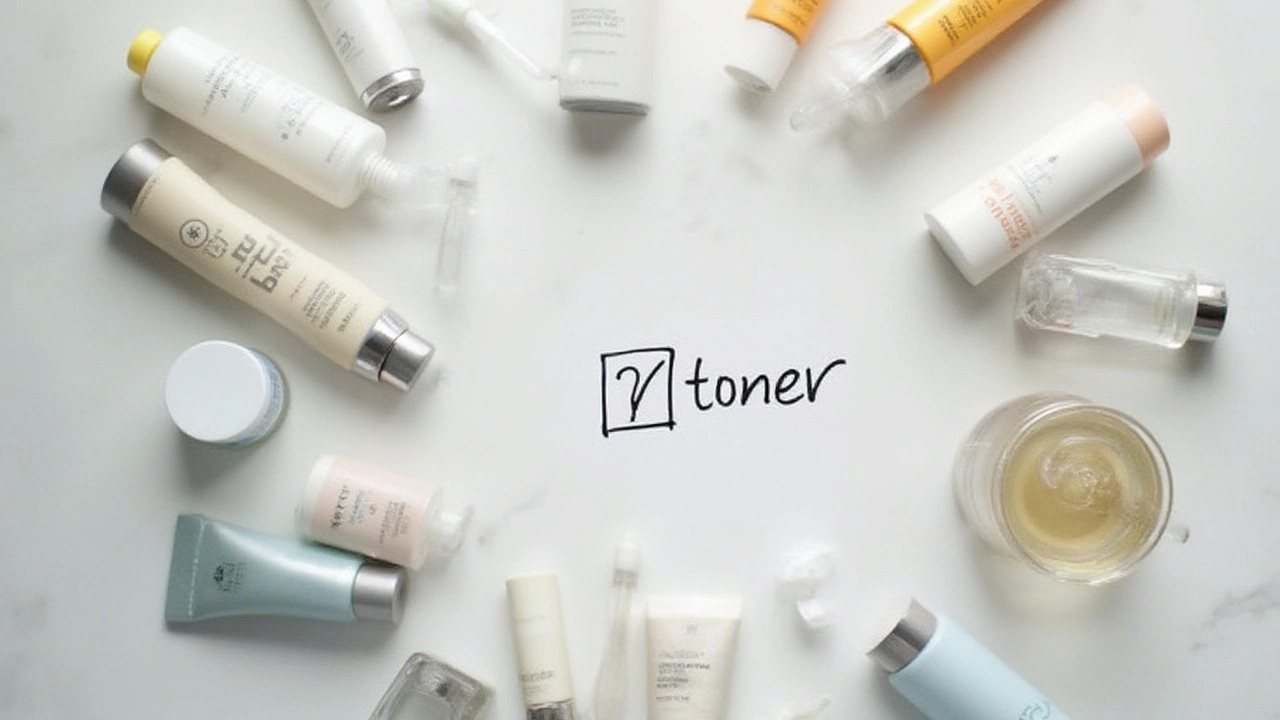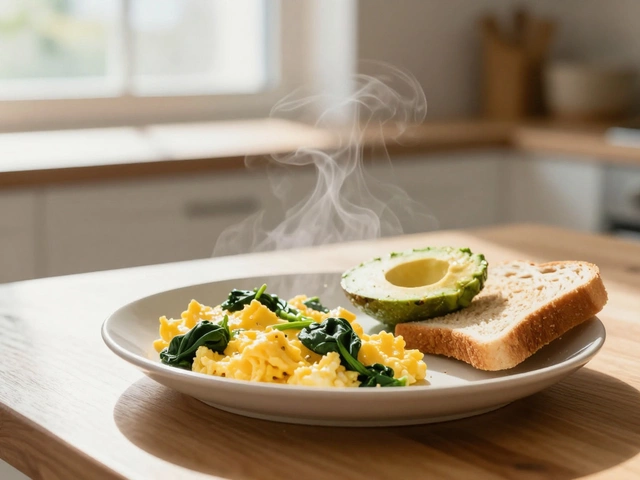Walk down any beauty aisle and you’ll see rows of sleek bottles, all begging you to add “just one more” step to your routine. Toner always stands out as one of those mysterious products: is it necessary, or just beauty-industry fluff? The truth about toner and your skin is more nuanced (and a whole lot simpler) than the labels might make you think. Some people see toner as a total must-have; others skip it and never look back. Should you stress if it disappears from your shelf? Absolutely not. Here’s the real talk about what toner does, who might actually need it, and how to figure out what’s worth your money—and your time.
What Does Toner Actually Do?
There’s a lot of mythology about toner, and it can get confusing fast. Originally, back when people used harsh soaps and cleansers (think ‘80s zit-zappers loaded with alcohol), toner swooped in to reset skin’s pH and remove leftover gunk. Even today, some toners are packed with alcohol and can leave your skin feeling tight and tingly, but that’s not always a good thing. Most modern cleansers are a little gentler, which means a toner’s traditional job isn’t as vital. But what about now?
Modern toners have evolved. Instead of shrinking pores—which they can’t actually do, no matter what the bottle promises—many focus on adding light hydration, smoothing skin texture, or prepping your face to suck up moisturizers and serums more effectively. Look for ingredients like glycerin or hyaluronic acid—these are humectants, which just means they grab and hold onto moisture for your face. Some toners sprinkle in exfoliants like glycolic acid, which can gently nudge away dead skin so new cells get their time in the spotlight, but you’ll always want to check the label, because not every skin type loves that.
Surprisingly, there’s no evidence that skipping toner will wreck your skin. For a lot of people—especially if your routine already includes a mild cleanser and a good moisturizer—your skin doesn’t even notice it’s missing. Dermatologists in the UK have pointed out that there’s no universal need for toner; it’s about preference and targeted concerns. If you have oily, acne-prone skin, something with salicylic acid might help, but if your face is more on the sensitive or dry side, you’re not missing anything life-changing by going without.
Who Actually Needs Toner (and Who Doesn’t)?
Real talk: most people don’t need a toner. But there are exceptions, and sometimes it can make a noticeable difference—if you know what you’re using and why. If you spend all day in London’s pollution or you wear a lot of long-wear foundation, a toner that lifts off grime after cleansing can make your skin feel cleaner and fresher. A gentle, alcohol-free formula can help people prone to breakouts or excess oil since it can sweep away those stubborn traces left behind by cleanser or makeup. If you’re someone who loves a pampering moment, that cool swipe of toner can add a spa-like ritual to your routine. Beauty, after all, is about feeling good, too.
But skip it if: your skin is dry, sensitive, has rosacea, or you’re just not into multi-step routines. Some toners, especially anything labeled as “astringent,” can strip away the oil your face actually needs, leaving you with tight, flaky, or irritated skin. If you’re using a prescription treatment or actives like retinoids, adding toner sometimes just pushes your skin’s limits, causing redness or even a burning sensation. There’s no medal for maxing out your routine. Skincare isn’t a contest.
If you get breakouts, a toner with ingredients like witch hazel or salicylic acid may give you a minor boost, but they’re usually not miracle workers. A recent study in the British Journal of Dermatology found that cleansers packed with gentle acids often do as much as—if not more than—a toner for controlling mild acne. Healthy skin matters more than following steps from a glossy magazine or influencer video. Listen to what your own face is telling you.

The Biggest Toner Myths—And What Actually Matters
Let’s tackle some pretty stubborn toner myths. First: toner won’t shrink your pores. Pore size is genetic and tied to how much oil your skin produces, not whether you use a floral-scented liquid after cleansing. Second: toner is not a substitute for washing your face. You need a proper cleanse, especially at the end of a long day, and a swipe of toner just isn’t enough to remove sunscreen, makeup, and grime.
One common myth is that toner “balances” your skin. In reality, your skin is equipped to balance itself, pH-wise. The acid mantle—a thin, slightly acidic film on your skin’s surface—bounces back naturally after washing unless you’re using strong, old-school soaps.
Another biggie: “Toner is for everyone.” That’s mostly marketing. If your skin is healthy and happy without it, you’re absolutely fine. Fancy glass bottles and pretty colored liquids won’t make you look younger or glowier unless your skin really needs a little extra help—like a shot of hydration, exfoliation, or a softener to help your serums soak in better.
Also, using a toner doesn’t mean you can skip moisturizer. Most toners—even hydrating ones—are light and watery, so they don’t lock in as much moisture as a proper cream or lotion. Think of toner as a bonus, not your main skincare step.
How to Make Your Skincare Routine (Toner or Not) Actually Work
Here’s the secret most beauty brands don’t say out loud: your skincare routine only needs to work for you. The basic, dermatologist-approved steps are simple—cleanse gently, use sunscreen every morning, and keep your skin hydrated. Toner is purely optional, not a non-negotiable step.
If you’re curious about adding a toner, try one thing at a time. Give it about three weeks to see if you actually notice softer, clearer, or more balanced skin. If your skin gets red, tight, or itchy, toss it. There’s no point in using something just because a “10-step Korean routine” says you should.
For those who want a shortcut, look at what your skin needs most. Is it feeling dull? A toner with a touch of lactic acid might brighten things. Super dry or tight? Try a hydrating toner with squalane or rose water. Otherwise, save your cash for a decent sunscreen, the secret weapon dermatologists swear by for nearly everything.
Don’t feel pressured by social media fads or perfectly curated “shelfies”. Most glowing skin comes from the basics: drinking enough water, not over-cleansing, wearing sunscreen, sleeping, and letting your face live without endless new layers. Remember, true skincare is about consistency—not how many bottles line your vanity.
One final tip: if you’re skipping toner, but still want a refresh after the gym or a hot day, just splash your face with cold water or try a thermal water spray. This feels amazing and can take the place of that toner “zing” without the extra ingredients. Use what works, tweak what doesn’t, and trust that your skin knows how to take care of itself, even if you leave the toner behind.










